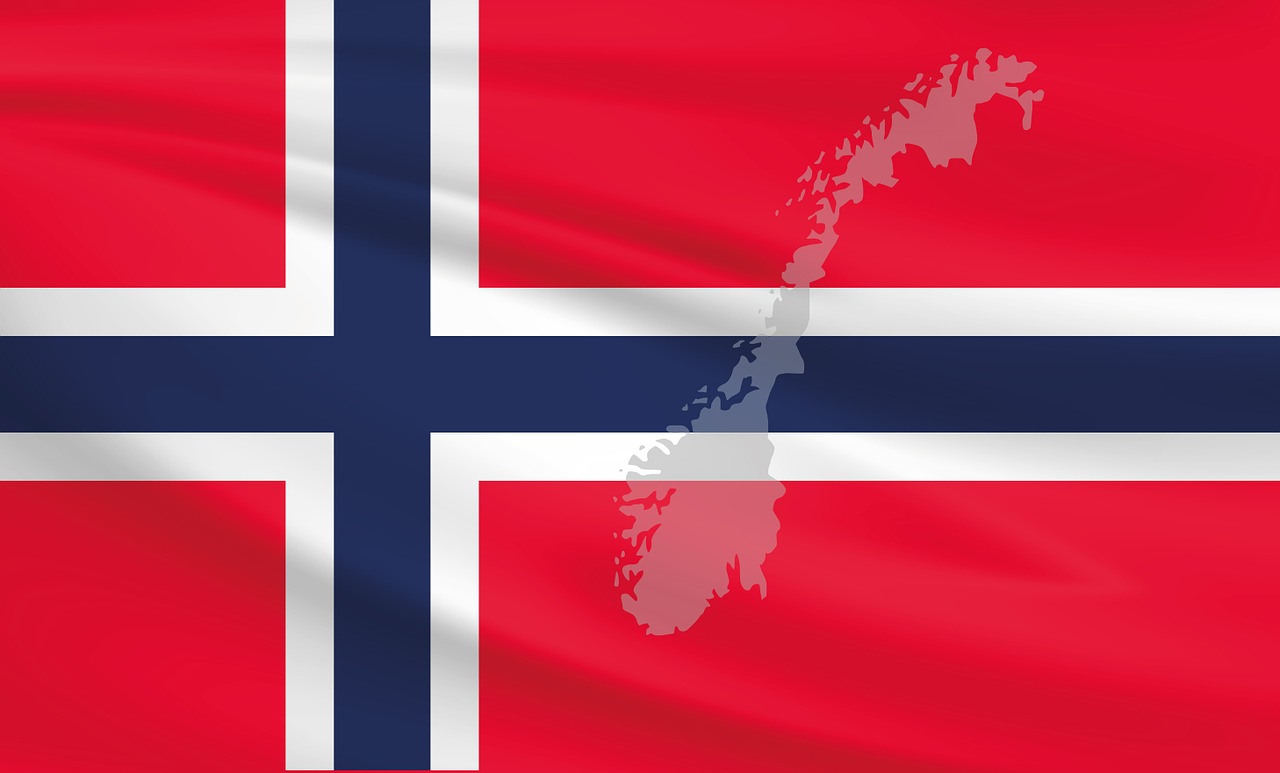We examine the issues around moving to a Norwegian model mooted by some Brexiteers.
With the UK in chaos amidst the fallout from the decision made by the British electorate to leave the European Union, the options for the UK are being considered. One possibility being discussed is for the UK to go with what is known as the “Norway option”.
Under such a possibility the UK could follow the example of Norway, which is a member of the European Economic Area while not being a member of the EU. Also in this club is Liechtenstein and Iceland, while Switzerland has its own set of deals with the EU.
If the UK decides to opt for the EEA model, it would retain access to the single market. Denying the UK access to the single market would be economically catastrophic for the UK, and would likely result in an intense recession as tariffs would be placed on British goods entering the EU, with the City of London likely to suffer the strongest consequences.
As a result of joining the EEA and accessing the single market, the UK would have to agree to free movement of people, which leave campaigners such as Daniel Hannan have already stated is likely.
The advantages of the Norwegian model would include the fact that the UK would avoid having to involve itself in further political integration of the EU, and this would suit many of those on the leave camp that cited a return of sovereignty as a factor in supporting an exit from the European Union.
Another advantage is that the UK could make trade deals with non EU countries such as India and China without the involvement of the EU. Iceland, for example struck a trade deal with China in April 2013. Another advantage of the EEA is that the UK would rest control of VAT from the EU.
However, British farmers are likely to be unhappy as the UK would lose access to the CAP or common agricultural policy, under which many farmers receive generous subsidies.
A disadvantage of the EEA is the UK would lose decision making in the EU, and would have to make payments in return for access to the single market.
Overall, we believe the Norway model to benefit both the remain and leave voters. The UK would have access to the single market, retain freedom of movement within the European Union and could retain the clout of the City of London. Meanwhile, further political integration would be avoided. By comparison, the loss of free movement and the resultant blocking of access to the single market would clearly be a calamitous event for the UK.
